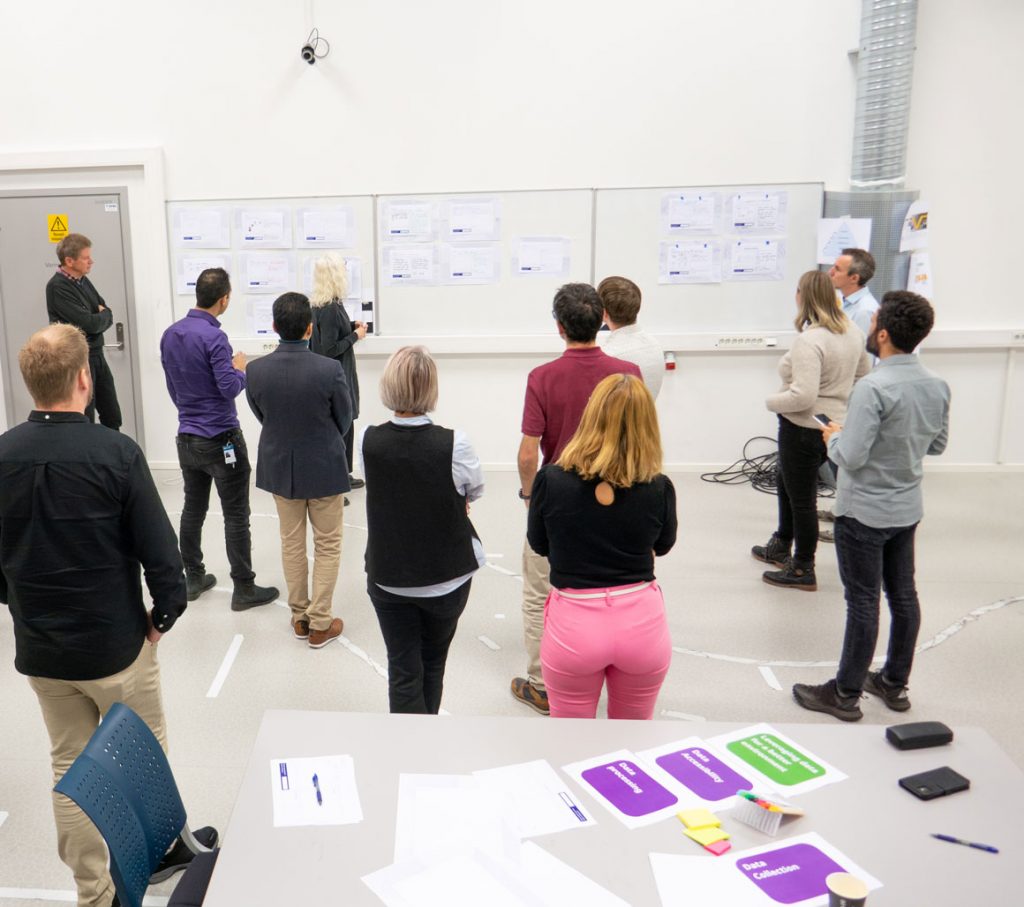Supporting Systems Thinking Application by Data Analysis
A Case Study: Automated Parking System

This paper is an expanded version of an article presented at the Modern Systems Conference 2022. It discusses the use of Systems Thinking in a complex sociotechnical research project focused on an Automated Parking System.
System Thinking is about understanding a problem and its various aspects as a whole. It emphasizes synthesis, looking at the entire system, its parts, and how they interact, rather than just analyzing individual components. This paper also highlights the importance of applying both System Thinking and analysis together, where System Thinking guides failure data analysis, and data analysis supports System Thinking. Additionally, it addresses the articulation of tacit knowledge from key individuals in the company using System Thinking and Systems Engineering methodologies.
Click here to read Case Study 01
Click here to read Case Study 02
Click here to read Case Study 03
2022 Conference on Systems Engineering Research
A case Study: Research methodology for industry-academic collaboration

The world’s interconnected systems are dynamically adapting to technical and social influences, driving companies to seek innovative ways to maintain competitiveness. To achieve this, it’s essential to employ effective, well-founded methods. One solution is to foster collaboration between industry and academia in the realms of education and research.
An exemplary initiative in this direction is a research project within the Norwegian high-tech industry, focusing on harnessing the potential of data in early-phase product and service development.
Click here to read the whole Case Study
State of Affair in Terms of Big Data Utilization in Complex System Engineering Organizations:
A Case Study in the Context of Norwegian Industry

In the quest to harness the power of big data, we delved into the landscape of high-tech industries in Norway. This intriguing case study employed a variety of research methods, from questionnaires to co-creation sessions, to unravel how these organizations are navigating the realm of big data. The focus was on employee perspectives and their perceptions of data utilization.
The results were illuminating. Despite the technological prowess of these industries, many still rely on manual data logging, revealing a significant reliance on outdated practices. Interestingly, Project Managers expressed a more optimistic outlook on their big data utilization, while upper management appeared more cautious.
Click here to read the whole Case Study
A Conceptual Framework for Data Sensemaking in Product
Development
Faculty of Technology, Natural Sciences and Maritime Sciences, Campus Kongsberg, University of South-Eastern Norway, 3616 Kongsberg, Norway
In high-tech industries like telecom, space, transportation, and energy, the development of large and highly complex systems is the norm. These systems often exhibit emergent behaviors due to their intricate connections. As market needs shift rapidly, customers and users increasingly demand integrated systems with higher quality. However, engineers face challenges in comprehending and visualizing these complex systems, especially before the production phase.
The complexity of these systems arises from their connections to numerous internal and external sources of data, information, and knowledge. Internal sources are readily available within the organization, while external sources come from actors outside the product development team’s boundaries, such as environmental, supplier, and social media data. These boundaries can occur at the department level in large companies, leading to challenges in sharing valuable data between teams.